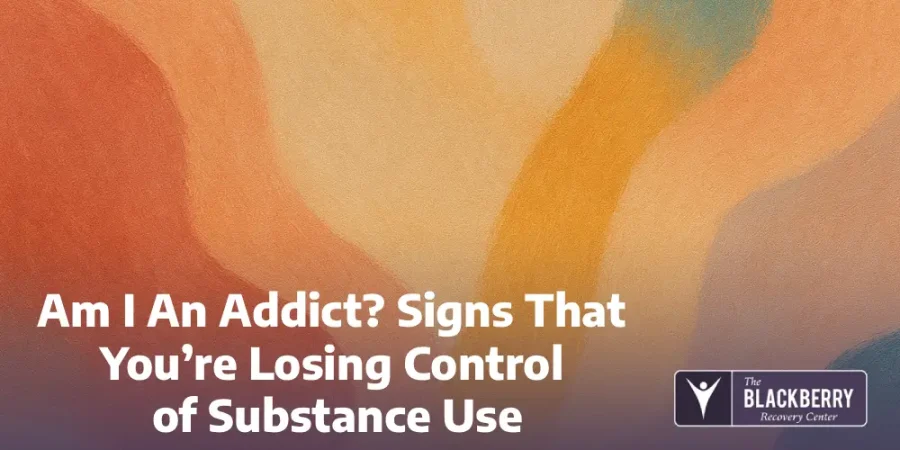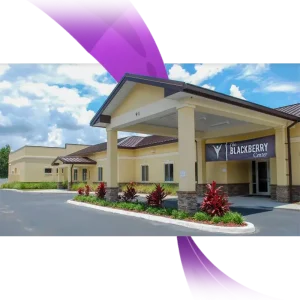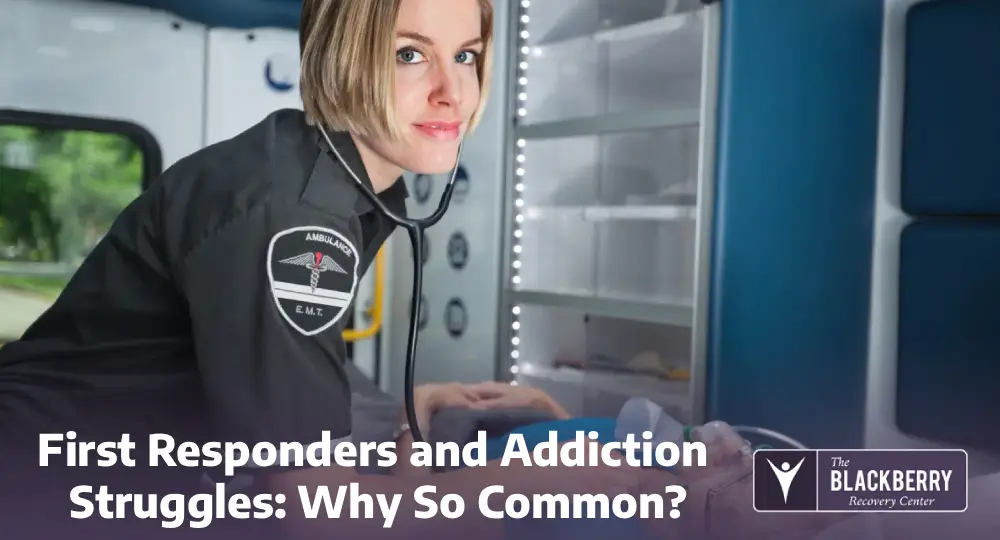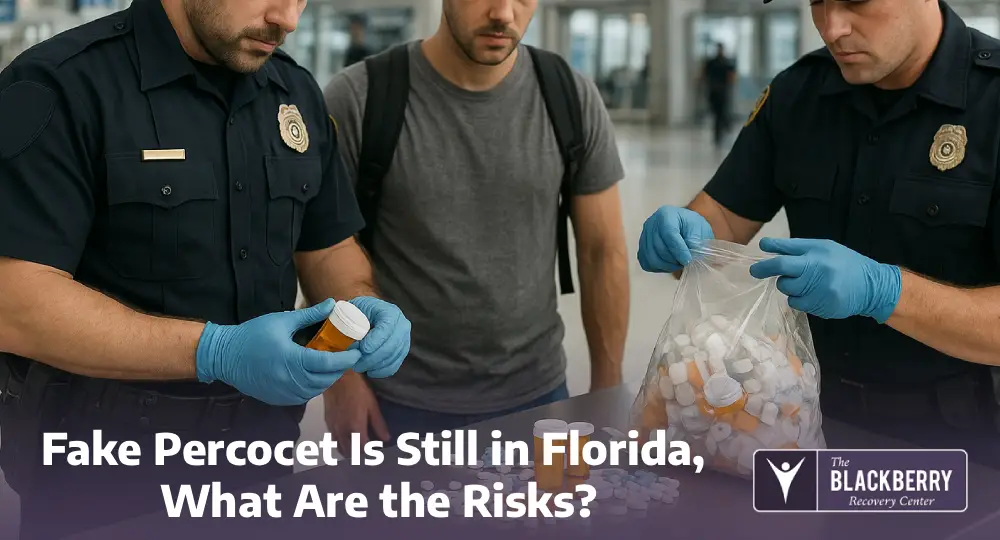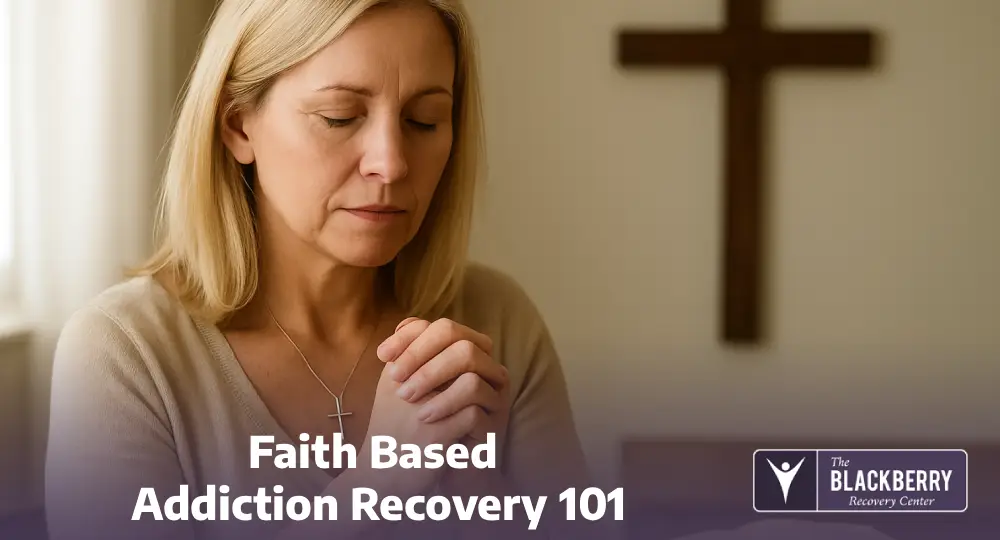Have you found yourself asking “Am I an addict?” By the time you’re wondering, the answer could be yes. Substance use can quickly spiral out of control given the right conditions, and most people who don’t have a problem never say to themselves “I think I am an addict.”
Drug and alcohol dependence is not a moral failing – it can happen to anybody, and the effects of addiction make it difficult to stop on your own. Seeking treatment with professional addiction treatment services can help you to regain control of your life, overcome your substance use, and help you to achieve recovery.
The Transition from Substance Use to Addiction
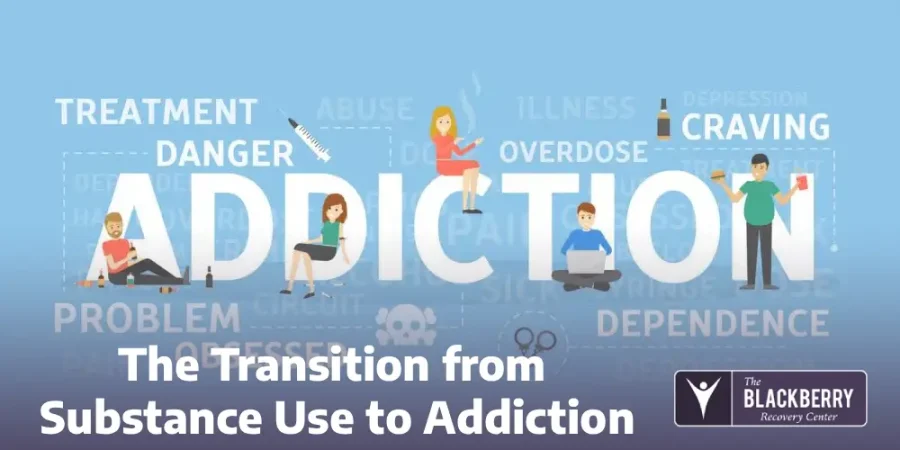
The Transition from Substance Use to Addiction
Addiction doesn’t usually begin the first time you pick up drugs or alcohol. Rather, it develops over time. Interestingly, the reason you use substances in the first place can predict whether you’re at risk for developing a substance use disorder. For instance, using substances to cope has been shown to lead to greater problem severity and puts you at risk of addiction.
Most people cross the line from recreational use to addiction without being aware of the transition. Yet, given enough time, they usually begin to see the hallmark effects that drug and alcohol dependence has on people’s lives. Common signs of addiction include:
- Increased tolerance for drugs or alcohol
- Withdrawal symptoms if you suddenly stop
- Loss of interest in other activities
- Trouble at work, school, or home due to substance use
If you’re beginning to see these issues crop up, your substance use has likely developed into a full-blown addiction.
Drug Addict Behavior
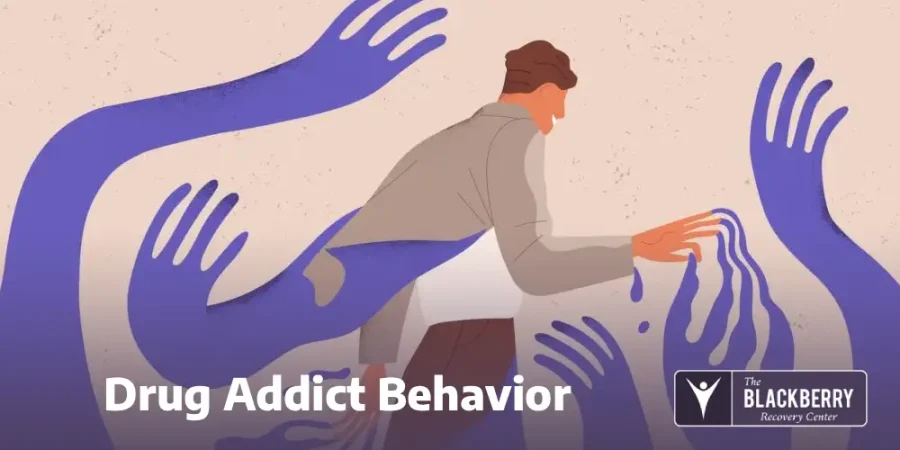
Drug Addict Behavior
Addiction can also lead to substantial personality changes. The overwhelming nature of addiction can lead to “drug addict behavior”, or behaviors that they would never have done with a clear mind. Recognizing these signs could be one way to learn how to know if you’re addicted to drugs. This could include:
- Lying to friends and family
- Committing crimes to pay for your substance use
- Hiding your substance use
- Getting angry or defensive when your substance use is questioned
- Shifting your social group towards people who use as you do
- Isolating yourself from others
The Substance Abuse Test
Gaining insight on the question of “Am I an addict?” involves a simple substance abuse test. Clinical professionals look at 11 criteria for substance use disorders, taken from the Diagnostic and Statistical Manual: the basic text that outlines different mental health conditions, and how they are classified. Take a few minutes to answer these questions honestly, and it can show you how to know if you’re addicted to drugs.
- Do you often use more drugs than you intended, or continue using for longer than you wanted?
- Have you tried to cut down or control your use unsuccessfully?
- Do you spend a great deal of time using, obtaining, or recovering from substance use?
- Have you experienced cravings for your drug of choice?
- Does your substance use interfere with school, work, or household responsibilities?
- Have you continued using drugs despite personal or social conflict?
- Have you given up work or hobbies because of drug use?
- Do you often use drugs when it is dangerous to do so, such as while driving or using heavy machinery?
- Does substance use make physical or mental health symptoms worse, but you continue to use anyway?
- Do you need to use more drugs than when you started to achieve the desired effect?
- Do you experience withdrawal symptoms when you stop using?
If you answered “yes” to at least two of these questions, you likely meet the criteria for a mild substance use disorder. Answering yes to several more questions means your substance use issues are more severe.
Yet even if you only experience two of these symptoms of drug and alcohol dependence, you should consider seeking treatment at once. Substance use disorders are progressive, meaning they get worse over time if not treated appropriately. Finding a substance use treatment center can stop addiction in its tracks, with evidence-based treatments that have been proven to help people overcome addiction.
Addiction Help Near Orlando, Florida
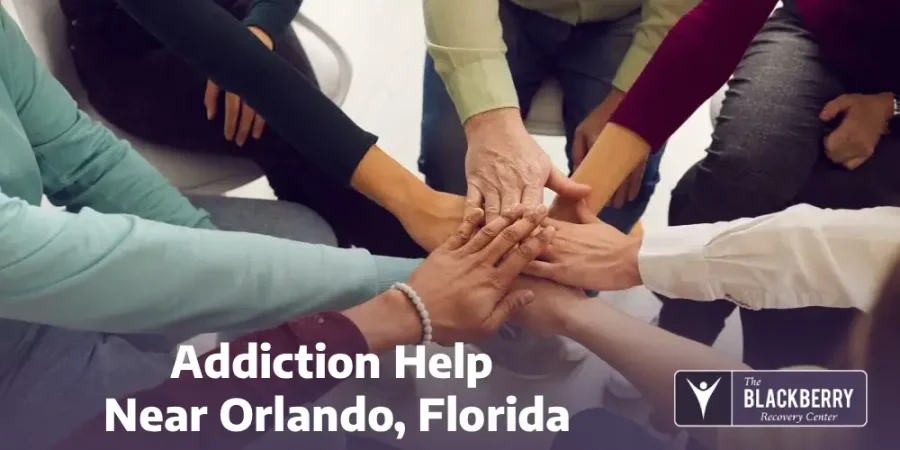
Addiction Help Near Orlando, Florida
When you come to the realization “I think I am an addict,” the time to seek treatment is now. Rigorous research has shown that substance use treatment is effective at helping people to stop using, reduce mental health symptoms, and improve relationships with friends, family, and coworkers. Entering an intensive treatment program is the most effective way to stop using and can teach you valuable skills for recovery that can last a lifetime.
Drug Detox
The first step of treatment is entering a drug detox facility. A detox center can provide safety and comfort in the most painful phase of new recovery by helping to remove or alleviate the uncomfortable effects of withdrawal. With 24/7 medical monitoring and a team of addiction specialists, these centers can help you to break through the first phase of overcoming addiction and prepare you for the next steps in the treatment process.
Dual Diagnosis Care
Almost 38% of people with a substance use disorder have a co-occurring mental illness, such as anxiety, depression, or post-traumatic stress disorder. If this applies to you, dual diagnosis treatment services are the next step after medical detox.
Dual diagnosis care involves treating both your mental illness and substance use disorder at the same time. Psychiatric professionals will work towards managing the symptoms of mental illness, while addiction specialists provide evidence-based therapies to treat addiction. Treatment at a dual diagnosis care facility includes:
- Cognitive-Behavioral Therapy
- Individual and Group Therapy
- Medication Management
- Psychiatric Assessment
- 12-Step Facilitation
These therapies are time-tested at helping people overcome their struggles with substance use disorder and can help you finally achieve recovery.
Video
Substance Use Disorders: Signs, Common Addictions, Treatment Options – Mass General Brigham
What is substance abuse? Learn the signs of substance use disorder and what the most common addictions are. Get answers to patients’ most searched questions about substance use disorders, including the use of substances such as alcohol, cannabis, and opioids, from Shelly F. Greenfield, M.D., M.P.H., Chief Academic Officer and Director of the Alcohol, Drug, and Addiction Health Services Research and Education Program at McLean Hospital.
Podcast
The Final Episode – Ep 138 Where are they now?
Recovery Happy Hour celebrates inspiring stories of recovery from alcohol addiction and gray area alcohol abuse. Hosted by Tricia Lewis, we look at life beyond the bottle and what’s current in the culture of recovery and sobriety.
This is the final episode of the series. It’s been a pleasure and an honor to have happy hour with you all for the last 3 years.
News Audio
Too much pleasure can lead to addiction. How to break the cycle and find balance – NPR
“We’re not able to take joy in more modest rewards,” Lembke says. “Now, our drug of choice doesn’t even get us high. It just makes us feel normal. And when we’re not using, we’re experiencing the universal symptoms of withdrawal from any addictive substance, which are anxiety, irritability, insomnia, dysphoria and craving.”
Ultimately, Lembke says, this is a universal problem – not one limited to those of us struggling with the disease of addiction – that has come with living in modern life. And to restore our sanity, collectively we must rethink how to navigate a dopamine overloaded world.
FAQ
- What are the early signs of substance addiction?
Early signs include increased tolerance, using more frequently than intended, withdrawal symptoms, neglecting responsibilities, and failed attempts to quit. - How do I know if I’m losing control of my substance use?
If your usage interferes with work, relationships, health, or finances—and you can’t stop despite wanting to—it’s a strong indicator of loss of control. - Can addiction happen without physical dependence?
Yes. Behavioral addiction and psychological dependence can occur without physical withdrawal symptoms, yet still disrupt daily life. - What should I do if I think I’m addicted?
Seek professional evaluation, talk to a counselor, or contact an addiction helpline. Early intervention greatly improves recovery outcomes. - Is addiction always related to illegal drugs?
No. Addiction can involve alcohol, prescription medications, nicotine, and even behaviors like gambling or internet use.

